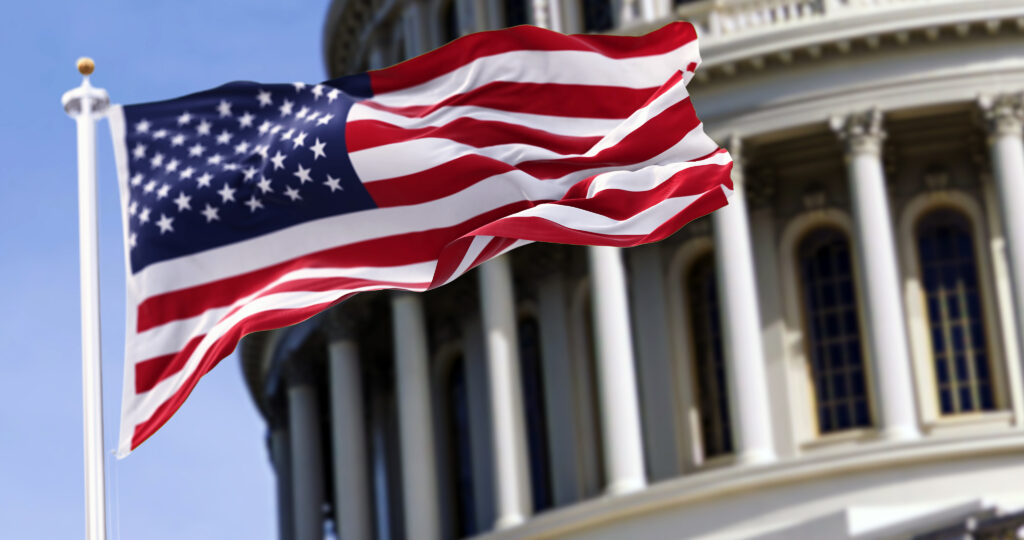Philadelphia business owners are suing to block a new tax on soda and other sugar-sweetened beverages.
Starting in January 2017, the new law adds a tax of 1.5 cents per ounce to the price of soda and other sweetened beverages purchased by consumers in the city. Lawmakers say the revenue from the tax will be used to fund expanded preschool education programs.
The lawsuit was filed in the First Judicial District of Pennsylvania’s Court of Common Pleas in September 2016. Judge Gary Glazer has not set a court date.
In November 2016, city government lawyers filed documents challenging the plaintiffs’ request for a preliminary injunction blocking implementation of the tax.
Singling Out Soda
Elizabeth Stelle, director of policy analysis for the Commonwealth Foundation, says the soda tax will hurt the city’s low-income earners more than it helps them.
“Philadelphia is raising taxes on some of the poorest and [most] highly taxed families in the nation to fund a mediocre program that won’t help the next generation,” Stelle said. “If this tax was truly about health, why does it stop at sugary drinks? What about other forms of junk food like ice cream, cookies, and chips? Targeting one industry has little to do with healthy living and everything to do with targeting Philadelphians’ pocketbooks. There are many less-punitive ways to discourage the consumption of unhealthy foods.”
Widespread Negative Effects
Stelle says the soda tax will be bad for the city, including those who don’t drink soda.
“In addition to raising the cost of beverages, the tax hurts Philadelphians by destroying jobs,” Stelle said. “Philadelphia Teamsters railed against the tax, arguing it would destroy thousands of family-sustaining jobs. The mayor insists this tax will only hit corporations, otherwise known as employers, but experience shows otherwise. In Berkeley, California—the lone American city to enact a sugary drink tax—a study found that 50 to 70 percent of the tax is passed on to consumers.”
Good Feelings, Bad Policy
Michael Thomas, an assistant professor of economics at Creighton University, says he’s concerned about the increasing prevalence of using health-related taxes, such as soda taxes, to promote the government’s financial health.
“I am most concerned that good feelings surrounding public health justifications for taxes will open the door to anything that can be remotely related to a health concern being taxed on those grounds, regardless of how the money is spent,” Thomas said. “We must be aware of the fiscal crisis that is looming over state and federal governments alike and see this new class of taxes as a way to merely raise revenue … from those with the least income and, therefore, the least choices in our society.”




